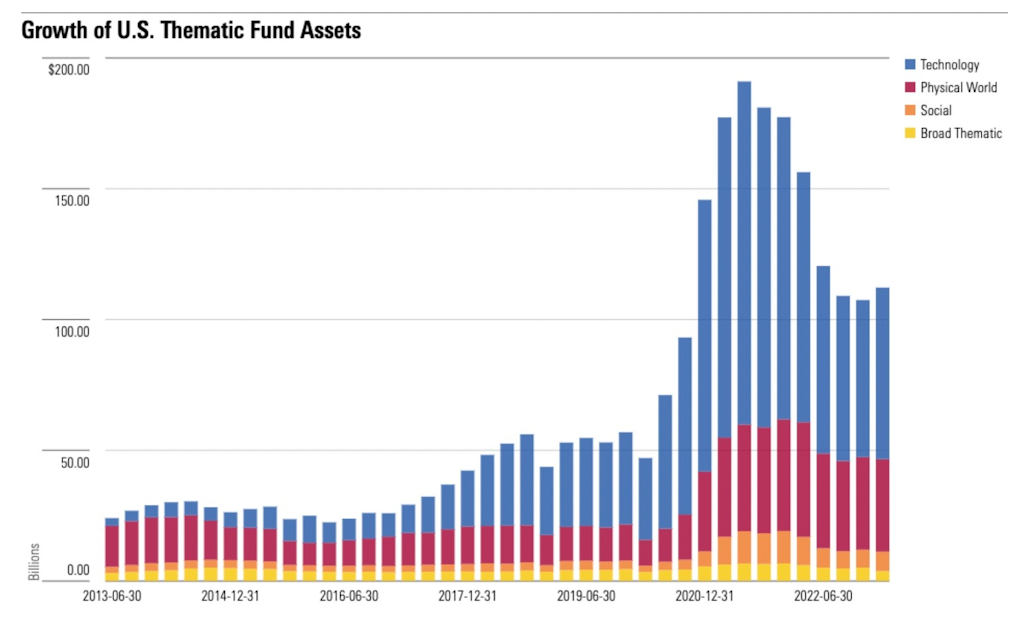Entertainment and crypto: Big challenges ahead

Oone of the biggest challenges facing cryptocurrency is finding basic applications for average consumers. In other words, understanding blockchain, launching a digital wallet, and then finding practical opportunities to use with cryptos like Bitcoin and Ethereum is an ongoing trial.
So far, NFT-based collections have proven popular when it comes to entertainment and leisure. While some stick to investing and trading in crypto, others would rather try the latest blockchain-based game. Still, the industry faces uphill battles when it comes to launching successful recreational platforms based on crypto.
The Axie Infinity, for example, surged in popularity in late 2021, before finally breaking out this year. What was once a thriving in-game economy collapsed, leaving players (and some investors) high and dry. However, the game still has thousands of active players, suggesting that blockchain titles are breaking through to a certain gaming demographic.
Still, no matter how viable crypto-based entertainment is, there are many challenges facing developers.
Bridging Blockchain and iGaming
Worldwide, iGaming is one of the most ubiquitous hobbies. Physical casinos are spreading all over the world, from Jeju in South Korea to Macau in China to Las Vegas in the United States. Playing at an online casino is just as popular given the variety of games and the convenience of playing from home.
Online, players can enjoy the almost constant rollout of new slots and jackpot titles, as well as live variants of games such as blackjack and roulette. So far, there hasn’t been a big push for a crypto casino from a top casino platform or game developer. But could that change for other popular entertainment sectors, such as video streaming?

Video streaming on a decentralized social media platform
The requirements to set up a viable blockchain such as Solana, Ethereum or IBM Blockchain are many. First and foremost, it is a new technology, which means there is not a surplus of professionals who understand how to build and interact with the blockchain. Additionally, the use cases tend to be highly focused rather than broad and decentralized, as intended.
However, the blockchain paradigm shift has coincided with the rise of OTT streaming services. While competing with Netflix or Hulu may prove very complex, the idea of using a blockchain platform to decentralize current streaming services is gaining momentum. The idea is to allow video streamers to run their own servers and earn crypto directly from viewers.
This will be particularly useful for data breach concerns. Instead of letting companies like Meta skim private data, a blockchain-based social media platform would let users retain control of their own data—and be the full authority on the content they create and stream, along with who has access to that content.
So, what is the challenge here? While several groups are currently launching blockchain video startups, the industry is still young. It hasn’t matured yet, with many projects looking a lot like the services they want to revolutionize.
High hopes for VR and AR
One crypto-entertainment space that has many tech enthusiasts excited is VR and AR. Both industries are considered immature – and both will scale up enormously over the coming decade. This creates a good basis for VR/AR projects to develop on the blockchain, rather than trying to adapt existing industries such as iGaming and social media to the blockchain.
Already, Decentraland has proven that the future of VR blockchain is viable. Based on the Ethereum blockchain and launched back in 2018, Decentraland allows users to buy and develop land, along with other objects in the world, in a virtual world. With an unalterable record, virtual landowners have full security over their property.
This could mark the future of other crypto-entertainment projects – including casinos. For example, instead of launching a mobile app that allows crypto iGaming, Decentraland players can enter a virtual casino that feels real via VR.
























